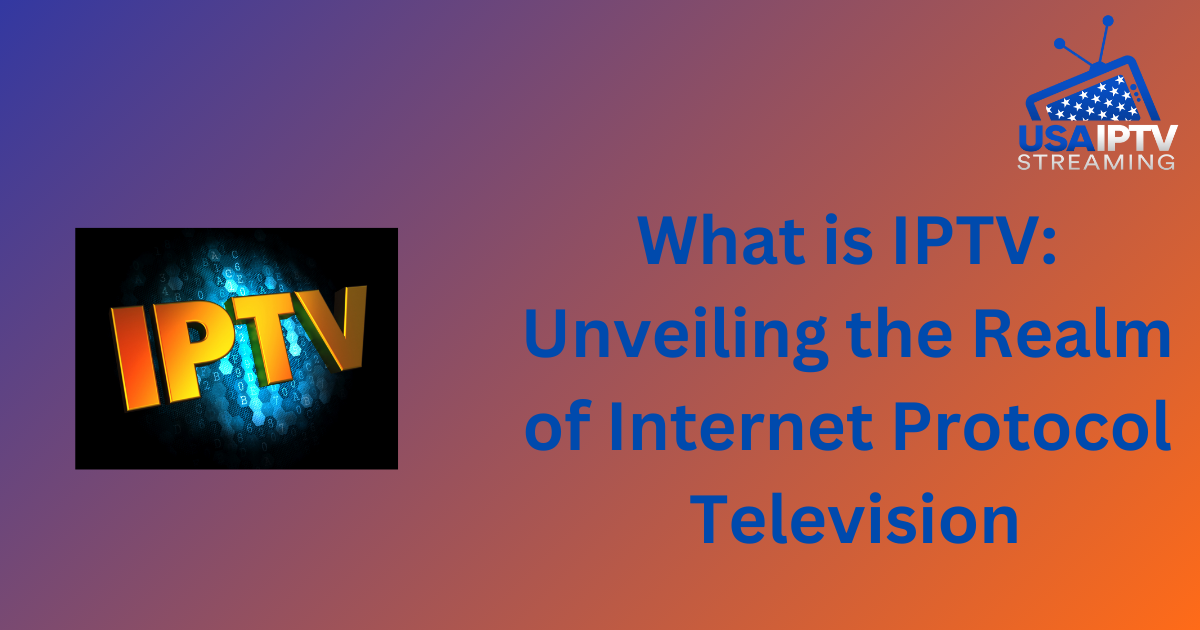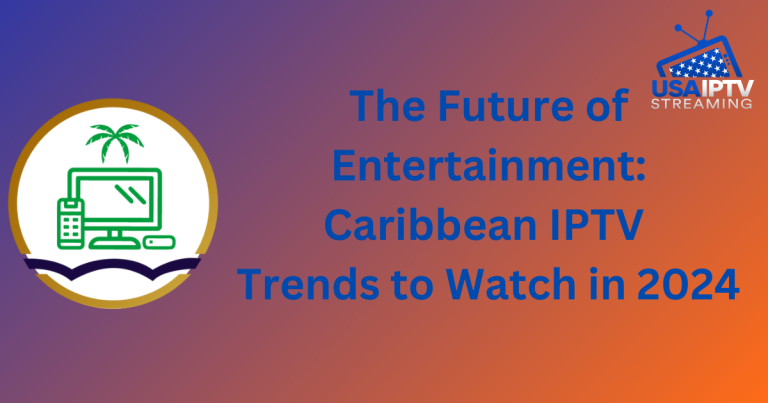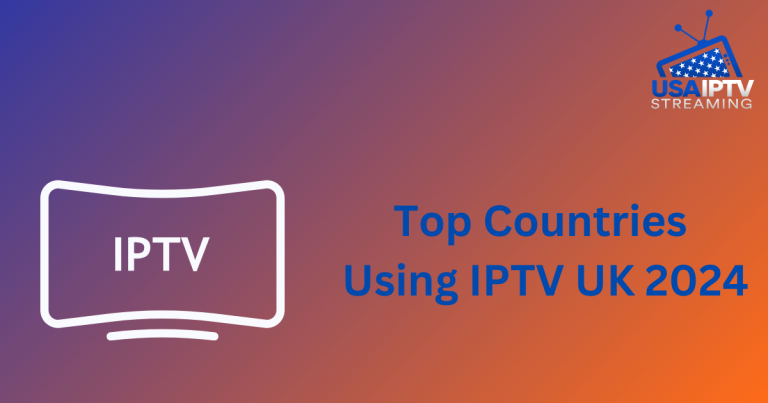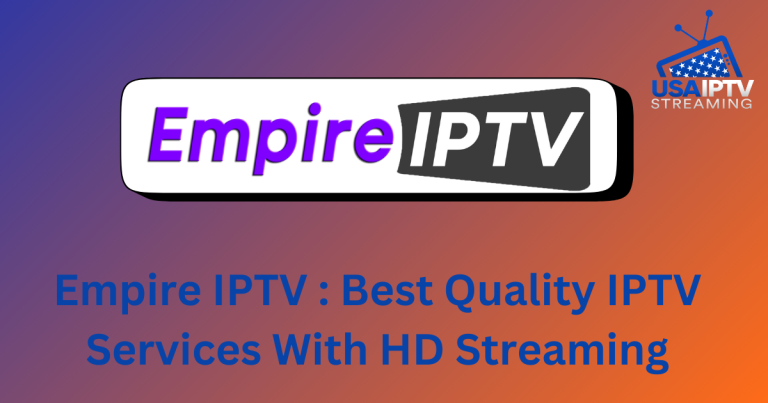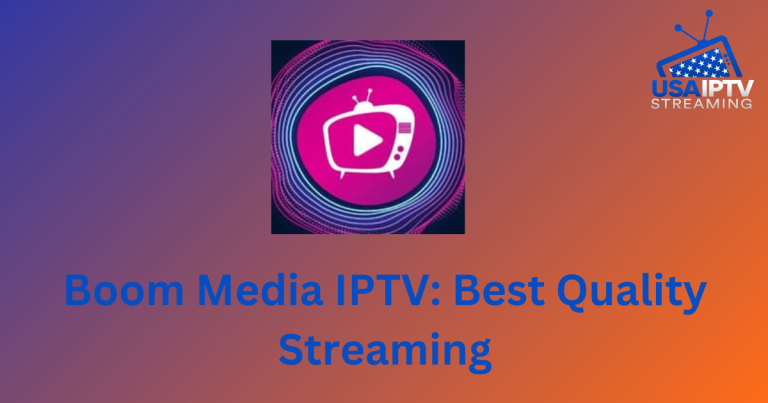What is IPTV: Unveiling the Realm of Internet Protocol Television
The IPTV (Internet Protocol Television) market is projected to grow at a compound annual growth rate (CAGR) of 15.1% from 2023 to 2032, reflecting increasing consumer adoption of IPTV services globally. This growth underscores the importance of IPTV in today’s entertainment landscape. But what exactly is IPTV, and why is it becoming so significant?
What is IPTV?
IPTV is a technology that delivers television content over the internet, allowing viewers to watch their favorite programs on various devices, such as televisions, smartphones, tablets, and laptops. This evolution in television technology enables viewers to consume content in more flexible ways, breaking down traditional barriers of time and location. With IPTV, consumers can access programs whenever and wherever they want, offering unparalleled convenience.
Who Benefits from IPTV?
To fully understand “what is IPTV,” it is essential to know who it is designed for. IPTV caters to a broad audience with diverse preferences and needs. Key user groups include:
- Sports Enthusiasts: IPTV provides live broadcasts of sports events, competitions, and tournaments worldwide.
- International Viewers: People seeking diverse content benefit from IPTV’s ability to offer global programming.
- Families: IPTV’s multi-device access allows families to enjoy a unified viewing experience across different devices.
- Movie Buffs: Fans of cinema appreciate the convenience of video-on-demand (VOD) services, which let them watch a wide range of movies at their own pace.
- Tech-Savvy Individuals: IPTV offers numerous features and advantages that appeal to technologically inclined users.
Overall, IPTV’s versatile capabilities make it attractive to a wide range of viewers, enhancing the entertainment experience by tailoring content and features to individual preferences.
How Does IPTV Work?
IPTV services work by converting television content into IP packets, which are stored on servers. When a user requests specific content, the IPTV provider retrieves and delivers the appropriate IP packets to the user’s device.
What is an IPTV Box?
An IPTV box is a device that converts internet protocol (IP) signals into formats compatible with televisions. The box receives IP signals from an IPTV provider via the internet, decodes them, and converts them into a format that televisions can display.
There are several ways to connect an IPTV box to a television:
- HDMI Cable: The most common method, offering the highest picture quality.
- AV Cables: An older method, which does not provide the same image quality as HDMI.
- Wi-Fi: Allows for wireless connection of IPTV boxes to TVs, suitable for users without HDMI or AV cables.
- Screen Mirroring: Involves streaming IPTV content from a PC to a TV using a screen mirroring tool, such as Google Chromecast or Apple AirPlay.
Hybrid IPTV
Hybrid IPTV combines traditional television broadcasts (over radio waves) with IP-based television (delivered over the internet). This hybrid approach provides a more stable and consistent viewing experience by combining both methods. For instance, a TV provider might offer a service that includes both traditional cable channels and on-demand streaming content, allowing viewers to watch their favorite programs live or on demand.
Types of IPTV Formats
IPTV offers several formats for delivering content over the internet, each catering to different viewer preferences:
- Live TV: Similar to traditional TV broadcasts, live TV allows viewers to watch programs and events as they happen. Examples of IPTV providers offering live TV include FOX Sports, Hulu Live TV, Sling TV, and CBS Sports.
- Video On Demand (VOD): This format allows viewers to watch TV shows and movies whenever they choose. VOD content is typically stored on servers and accessible at any time. There are various VOD models:
- Transactional VOD (TVOD): A pay-per-view model where users purchase individual episodes or movies.
- Subscription VOD (SVOD): A subscription model providing access to a library of TV shows and movies for a monthly fee.
- Advertising-supported VOD (AVOD): A free model where viewers watch content with ads.
- Time-Shifted Television: Allows viewers to watch previously broadcast episodes at a later time, though the content is usually available only for a limited period. Notable providers include Hulu and BBC iPlayer.
IPTV: Pros and Cons
Pros:
- Higher Quality Content: IPTV can deliver higher resolutions, such as 4K and HDR, compared to traditional TV.
- Private Network Delivery: IPTV can be provided over a private network, enhancing security and reliability.
- Global Reach: IPTV can reach a global audience regardless of location.
- Potential for Advertising Revenue: IPTV platforms can generate revenue through advertising, helping to offset service costs.
- Rapid Growth: The popularity of streaming services is driving the expansion of the IPTV industry.
Cons:
- Vulnerability to Packet Loss and Delays: IPTV can suffer from poor video quality due to packet loss and network delays.
- Challenges with Legacy Networks: Older networks may lack the bandwidth needed to support IPTV, limiting channel availability and video quality.
Despite these challenges, the benefits of IPTV often outweigh the drawbacks, making it a promising and rapidly growing sector with significant potential.
IPTV: Challenges and Considerations
Several challenges and considerations affect the IPTV industry:
- Provider Variability: The quality, content availability, and customer support among IPTV providers can vary widely, making it challenging for users to find reliable services.
- Device Compatibility: IPTV content must be accessible on a wide range of devices, including smartphones and smart TVs, which presents technical challenges.
- Piracy: The prevalence of pirated content poses a significant challenge to the IPTV industry, reducing revenue for content providers and creating legal risks for users.
- Internet Speed Requirements: High-speed internet is essential for delivering high-quality IPTV content without buffering or interruptions. Providers must invest in network improvements, particularly in areas with limited internet access.
- Subscription Models: Many IPTV services operate on a subscription basis, requiring providers to offer compelling content, competitive pricing, and attractive features to retain customers.
- Competition with Traditional TV Providers: IPTV must compete with established cable and satellite TV providers, who often have long-standing customer bases and exclusive content agreements. IPTV providers need to offer unique value propositions to attract users away from traditional services.
- Regulatory and Legal Compliance: IPTV services are subject to varying legal and regulatory frameworks across different regions, including copyright laws, privacy regulations, and broadcasting standards.
Conclusion
IPTV represents a significant shift in how media content, live television, and videos are delivered over IP networks. This technology is gaining popularity worldwide, transforming the way people consume television. IPTV offers on-demand, flexible, and multi-screen capabilities, giving consumers greater control over their viewing experiences. As the entertainment industry continues to evolve, understanding “What is IPTV?” becomes increasingly important. Its interactivity and personalization features make IPTV a compelling option for modern viewers. As technology advances, IPTV is poised to become even more prevalent, reshaping the future of television consumption and user interaction with content.

